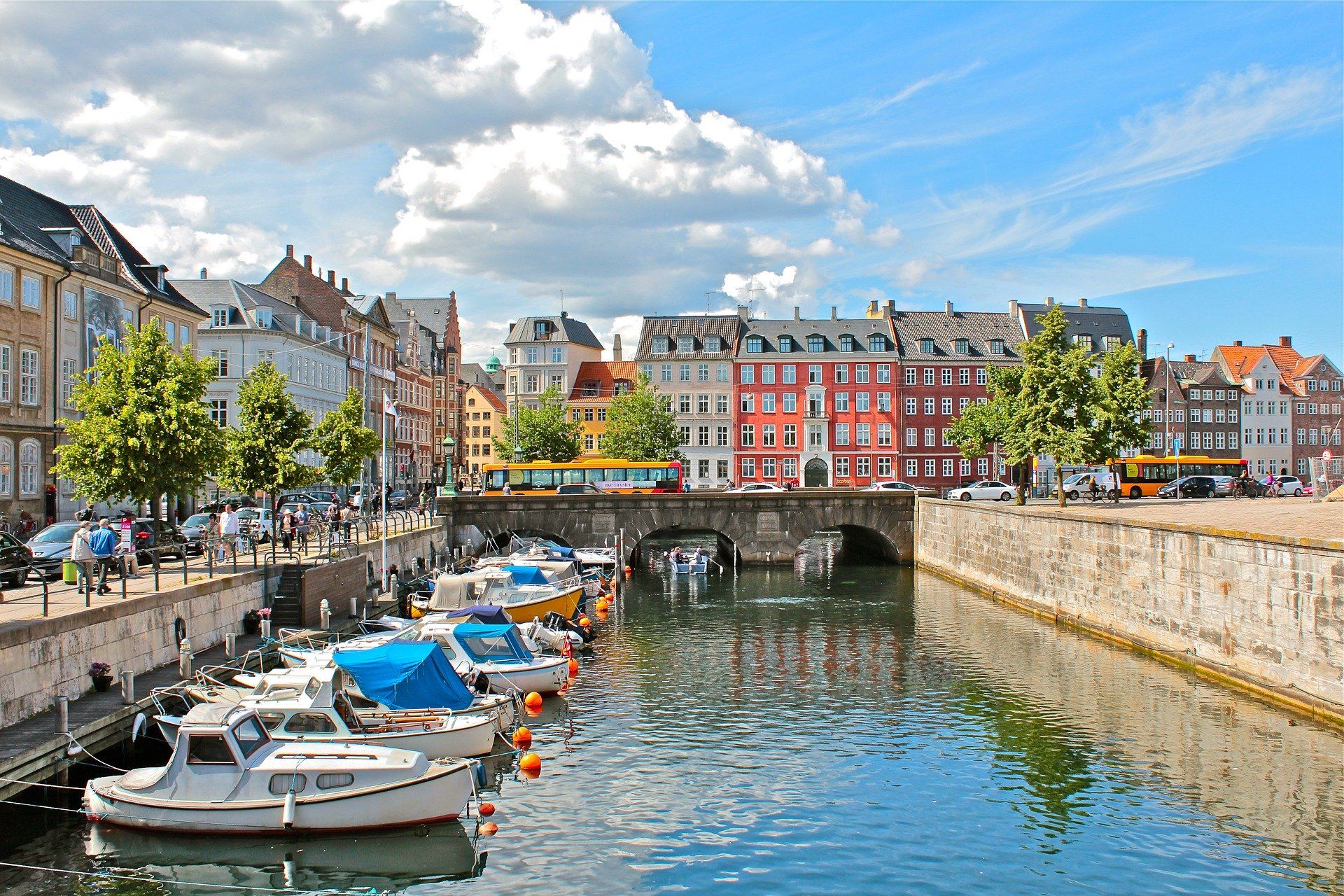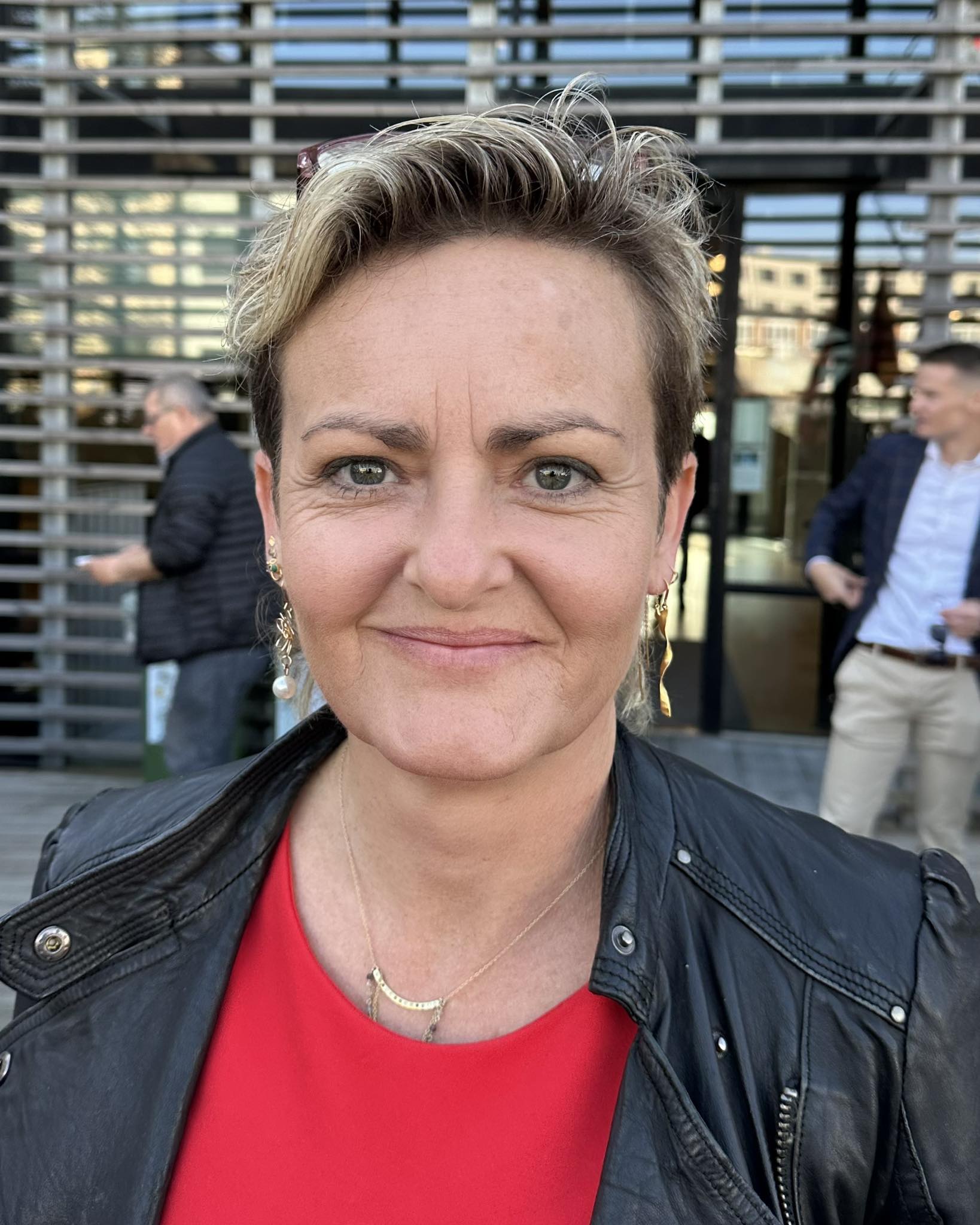The minority government that rose from the ashes of the election is about to show its true character.
PM Lars Løkke Rasmussen has over the summer kept a very low profile, hoping that silence will improve his credibility, which has still not recovered. He has already flip-flopped on matters such as child checks for new EU residents, as he knows stepping into minefields like refugee policy can only make it worse.
Venstre’s new battleaxe
His minister for foreigners, integration and housing, Mrs Inger Støjberg, has been busy. She has found a majority in the blue bloc to reduce the allowance that refugees normally would receive by half. It has been cut to the size of the grants the university students get: the SU. The belief is that the present allowance is a magnet for refugees.
Mrs Støjberg has gone as far to air the idea of advertising these cuts in European media to discourage refugees from applying for shelter and asylum here. This attitude has been sharply criticised by friend and foes as, at best, an unnecessary focus on the kingdom that represents an offer rather than a deterrant.
Don’t come; we need you!
On the other sign of the coin, Denmark has a high demand for workers, and it is one the refugees (from primarily Syria) could undoubtedly fill.
Danish industry is about to empty its reserves of skilled labour, and in some parts of the country it is a fact that industries are now also considering advertising to attract workers and specialists from all over the European Union. And they are legally entitled to come and live and work here.
Maybe a joint propaganda effort could be an idea!
Meds high on agenda
The next sticking point is health and not least medicine costs. During the election all the parties agreed that nobody should be cut off from getting free medication for rare diseases, even if it is at the cost of millions per year per patient. Now it is paytime.
Will the politicians, for example, allow 400 patients with cystic fibrosis (a respiratory killer) to have medication to the tune of 1-2 million kroner per year per patient? There is no cure but the treatment will give them a prolonged life and comfort.
With the budget set to be negotiated in October after the Folketing reconvenes, we foresee medication being at the top of the list. Expect a passionate debate as the people in white present dead bodies to fuel the debate. It will probably end up, as always, with an increase in resources, after which we must let the ape find its position on the doctor’s shoulders where it belongs.
Everything else – pension reform, tax reform, climate protection and university reform will be dealt with next year.
Your enemy closer
In the meantime, Liberal Alliance and Conservative together with Dansk Folkeparti are taking all sorts of stands.
It is only a matter of time until Mr Rasmussen reaches over the middle ground and makes peace with Socialdemokraterne.












